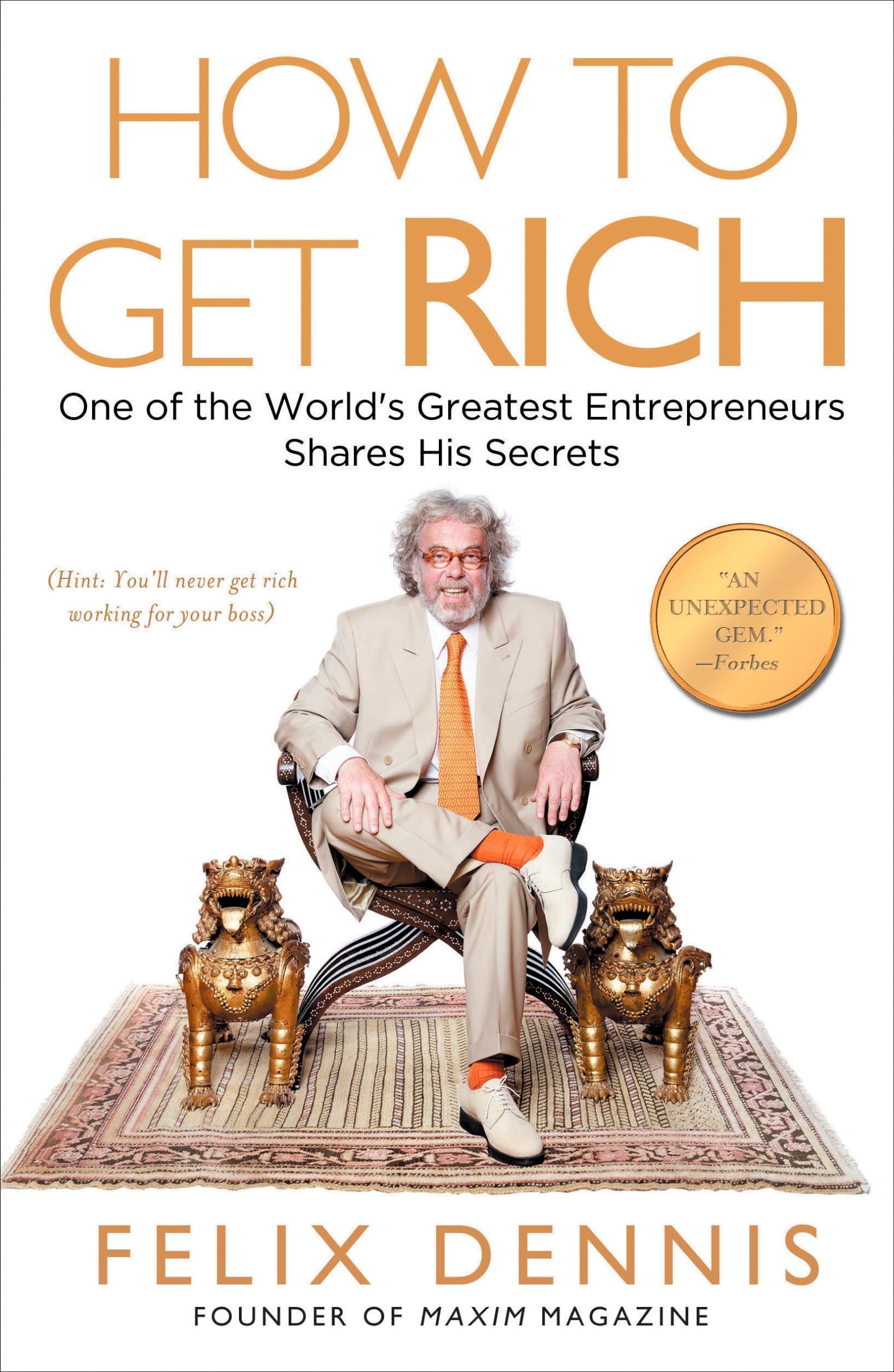Alright, let’s talk about this whole “open up James Felix about” thing. It’s not about some big secret reveal, not really. For me, it was more about a process, a real grind trying to figure out what made a guy like—well, let’s call him James Felix for our purposes—tick. This wasn’t some celebrity; this was a type, you know? The kind of person you see in almost any workplace who just seems to glide while everyone else is slogging through mud.

My Initial Puzzlement
So, there was this “James Felix” in a place I used to work. Always looked calm, always had the right buzzwords, projects under his name seemed to just… succeed. Or at least, they were presented as successes. And I, like many others, just kinda scratched my head. How did he do it? Was he a genius? Did he have some secret method? I really wanted to “open up” this mystery, to understand the mechanics behind the man.
My practice, my attempt to get to the bottom of it, went something like this:
- Observation: I started by just watching. How he talked in meetings. The kind of emails he sent. Who he ate lunch with. The stuff he’d casually drop into conversations.
- Analysis (or over-analysis): I’d try to break down his presentations. Were they really that insightful, or just shiny? Spoiler: often shiny.
- Tentative Engagement: I tried to actually talk to him, you know, beyond the usual office chatter. Ask about his approach to problems. This was like talking to a beautifully polished wall. Lots of nice words, very little substance.
- Attempted Replication: For a short, misguided period, I even tried to emulate some of his style. You know, use more “synergy” and “paradigm shift” in my own talk. Felt ridiculous, and frankly, it didn’t work for me. I just sounded like an idiot trying to be someone else.
The Turning Point and a Bit of a Detour
The real “opening up” happened, not because James Felix suddenly spilled his guts, but because of something else entirely. It reminds me of a time, years ago, I was working on this project, a real passion project for a small community group. I poured everything into it, worked late, did all the detailed, unglamorous stuff. Then, at the presentation to get funding, the person who just did the fancy PowerPoint, who barely understood the nuts and bolts, got all the credit. They were smooth, they were confident, they used all the right jargon. Sound familiar?
That experience, it stung. But it taught me something crucial about perception versus reality. It taught me that some people are just incredibly good at managing perception. They’re not necessarily producing more, or better, just appearing to.
What I Found When I “Opened Up” James Felix
So, back to James Felix. My “practice” of trying to understand him eventually led me to this conclusion: there wasn’t much to “open up.” The exterior was the entirety of it, for the most part. His skill wasn’t in the deep work; it was in the presentation of work. He was a master of delegation (often upwards or sideways), of taking credit, of navigating office politics, and of making sure his name was attached to things that sounded good, whether he did the heavy lifting or not.

It wasn’t that he was a bad person, not actively malicious. He was just playing a different game. And he was very, very good at that game. The “secret” I was looking for wasn’t some hidden productivity hack or brilliant strategy. The secret was that he focused on the optics above all else.
Once I figured that out, it was like a weight lifted. I stopped trying to be like him. I realized my practice had to be about getting better at my work, the actual substance, and then learning, just enough, to make sure that substance wasn’t completely invisible. It’s a balance, right? You can’t just be a workhorse with no ability to communicate, but you also don’t want to be all flash and no fire.
So, “opening up James Felix” for me was less about him and more about opening up my own understanding of how different people operate and what different kinds of “success” look like in a corporate environment. And, more importantly, figuring out which kind I actually valued for myself. It wasn’t his kind. And that was a pretty useful thing to learn, even if it took a bit of digging and a few wrong turns.




